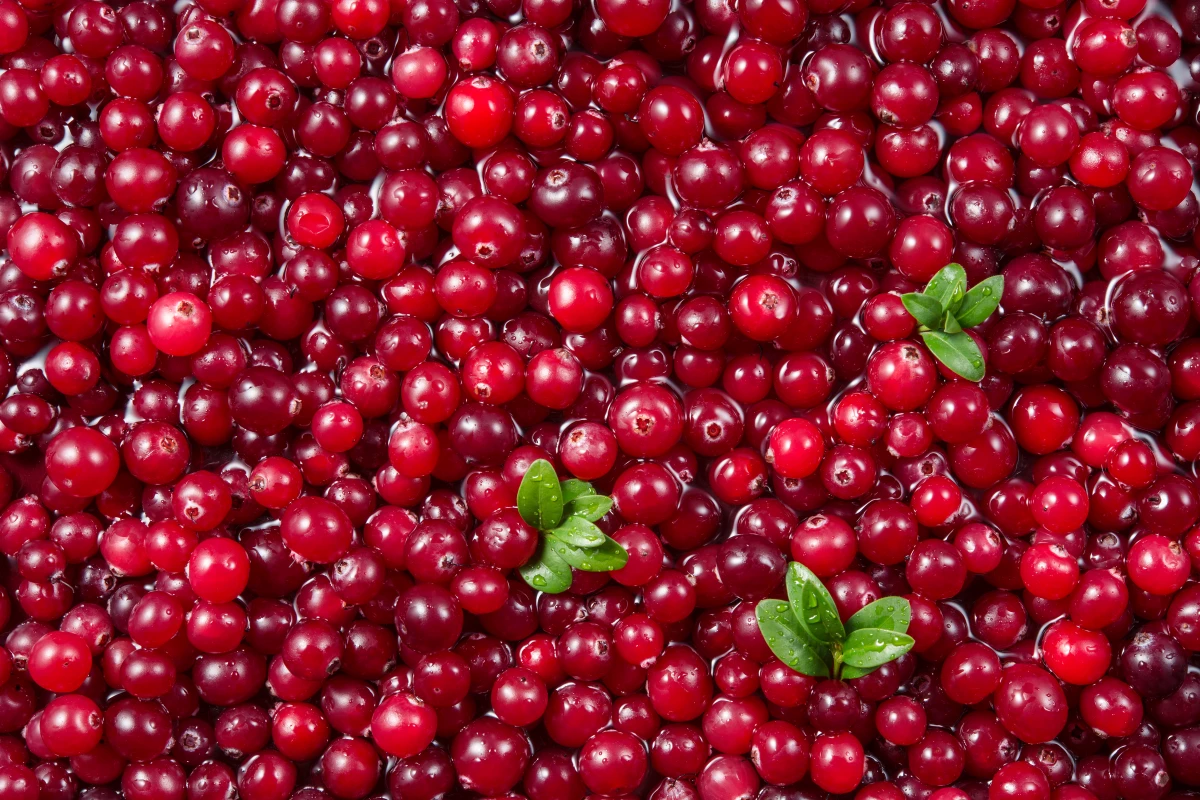A clinical trial exploring the cardiovascular effects of freeze-dried whole cranberry powder is reporting daily consumption can potentially lead to long-term benefits for heart health. The study indicates natural compounds in cranberries, known as polyphenols, may improve blood vessel function and reduce the risk of cardiovascular disease.
Several studies in recent years have investigated the cardiovascular and metabolic benefits of cranberry juice. These studies have delivered mixed results, primarily focusing on subjects with diagnosed cardiovascular disease or those at a high risk of disease.
This new research had a very specific focus, looking to explore the effect of cranberry powder, not juice, on vascular function in healthy middle-aged men. The goal was also to compare the chronic effects of cranberry powder when consumed daily for one month.
The trial recruited 45 healthy men. Half the cohort were tasked with drinking 4.5 g (0.16 oz) of freeze-dried cranberry powder twice a day, while the other half received placebo powder designed to be indistinguishable from the cranberry powder. The researchers noted 9 g (0.3 oz) of the cranberry powder could be considered equivalent to eating 100 g (3.5 oz) of fresh cranberries.
The primary outcome looked at vascular function as measured by a metric called flow-mediated dilation (FMD). The metric was measured using an ultrasound process at the start of the study and after one month of cranberry powder consumption. FMD is an established biomarker of cardiovascular health. Low FMD has been associated with higher risks of heart attack and stroke.
The researchers detected improvements in FMD measurements both immediately after first cranberry powder consumption and one month later. The researchers also found a correlation between FMD improvements and increases in polyphenol metabolites in blood and urine samples.
“The increases in polyphenols and metabolites in the bloodstream and the related improvements in flow-mediated dilation after cranberry consumption emphasize the important role cranberries may play in cardiovascular disease prevention,” explained Ana Rodriguez-Mateos, a co-author on the new study. “The fact that these improvements in cardiovascular health were seen with an amount of cranberries that can be reasonably consumed daily makes cranberry an important fruit in the prevention of cardiovascular disease for the general public.”
One interesting finding from the study was the pattern of metabolites seen in blood samples was different after one month of cranberry consumption compared to the pattern detected on day one after the first dose. The researchers hypothesize this change is potentially a sign of how chronic cranberry consumption may alter gut bacteria populations, as the microbiome is known to play a major role in polyphenol metabolism.
The correlation between the presence of certain polyphenol metabolites in blood samples and acute improvements in FMD measurements offers some clues to potential mechanisms at play. However, the researchers do stress this is not proof of a causal connection between cranberry polyphenols and FMD improvements. Instead the findings direct the researchers to more focused future studies that can home in on possible direct mechanisms.
The researchers declare no conflicts of interest in this work other than the fact the study was co-funded by The Cranberry Institute, an association that advocates for the benefits of cranberry products.
“Our findings provide solid evidence that cranberries can significantly affect vascular health even in people with low cardiovascular risk,” said Christian Heiss, co-author on the study from the University of Surrey. “This study further indicates that specific metabolites present in blood after cranberry consumption are related to the beneficial effects.”
The study was published in the journal Food & Function.
Source: King’s College London




